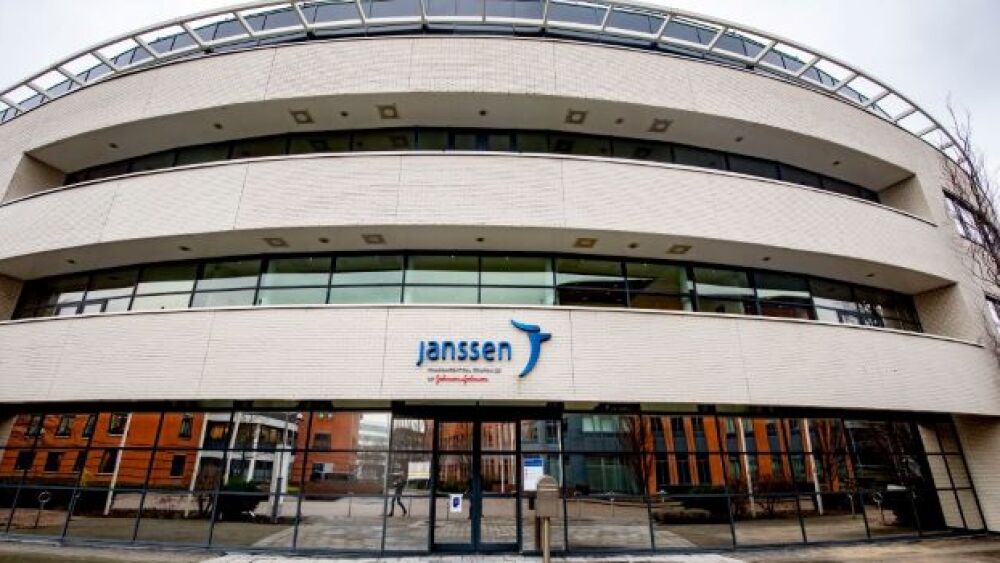ESSA confirmed that Janssen has stepped away from a prostate cancer collaboration due to “operational recruitment challenges.”
Courtesy Niels Wenstedt/BSR Agency via Getty Images
ESSA Pharma Inc. confirmed in a Monday morning announcement that Janssen has stepped away from a prostate cancer collaboration due to “operational recruitment challenges.”
Janssen suspended enrollment in the Phase I trial assessing EPI-7386, an investigational, small molecule inhibitor of the N-terminal domain of the androgen receptor in patients diagnosed with metastatic castration-resistant prostate cancer.
In this indication, EPI-7386 was being assessed alongside Janssen’s Erleada (apalutamide) or with Janssen’s Zytiga (abiraterone acetate) plus prednisone. So far, three patients have been treated in the Phase I study, receiving up to four months of therapy.
The trial began in March with three patients enrolled, ESSA reported that the drug products were safe and well tolerated in all three patients. Initial clinical activity was observed in some patients, with two of the three patients achieving a prostate-specific antigen (PSA) reduction of 90% within 12 weeks.
EPII-7386 was granted Fast Track designation by the FDA for the treatment of metastatic castration-resistant prostate cancer. Although the Phase I study has been paused, it appears ESSA aims to continue the program in some fashion.
In a brief statement, ESSA Chief Executive Officer David Parkinson expressed disappointment at Janssen’s decision to step away from the collaboration. He said ESSA’s leadership is in talks with the Johnson & Johnson subsidiary to continue supplying Erleada and Zytiga for an ESSA-sponsored combination study of EPI-7386.
Additional details of that plan will be forthcoming within the next several months, he said.
Despite Janssen’s decision to leave this study, Parkinson noted the company is encouraged by the favorable safety, pharmacokinetic and initial efficacy signals seen so far in this clinical program and in other trials evaluating EPI-7386 in prostate cancer.
EPI-7386 in Additional Studies
ESSA is also assessing EPI-7386 and Pfizer’s Xtandi (enzalutamide) in a Phase I/II trial in metastatic CRPC patients who have not yet been treated with second-generation antiandrogen therapies.
ESSA shared data from seven patients participating in that study at the 29th Annual Prostate Cancer Foundation Scientific Retreat last week. Although one patient discontinued, anti-tumor activity was seen in the other patients. Four of those six achieved a PSA90 score after 12 weeks. An additional patient achieved the score later.
Earlier this year, the company posted positive data from a Phase Ia portion of a trial that evaluated EPI-7386 as a monotherapy for patients with metastatic castration-resistant prostate cancer (mCRPC) resistant to current standard-of-care therapies. Data from 36 patients showed that EPI-7386 was well-tolerated and exhibited a favorable pharmacokinetic profile.
Additionally, ESSA reported that treatment with EPI-7386 showed initial anti-tumor activity in a heavily pretreated group of patients. In five patients with measurable disease who were on monotherapy for more than 12 weeks, ESSA reported that tumor volume decreased in all subjects.
A Phase Ib portion of the study is expected to begin this year.





